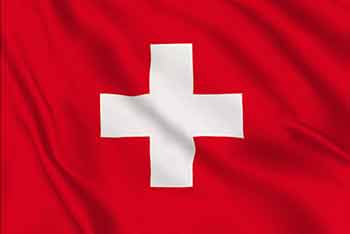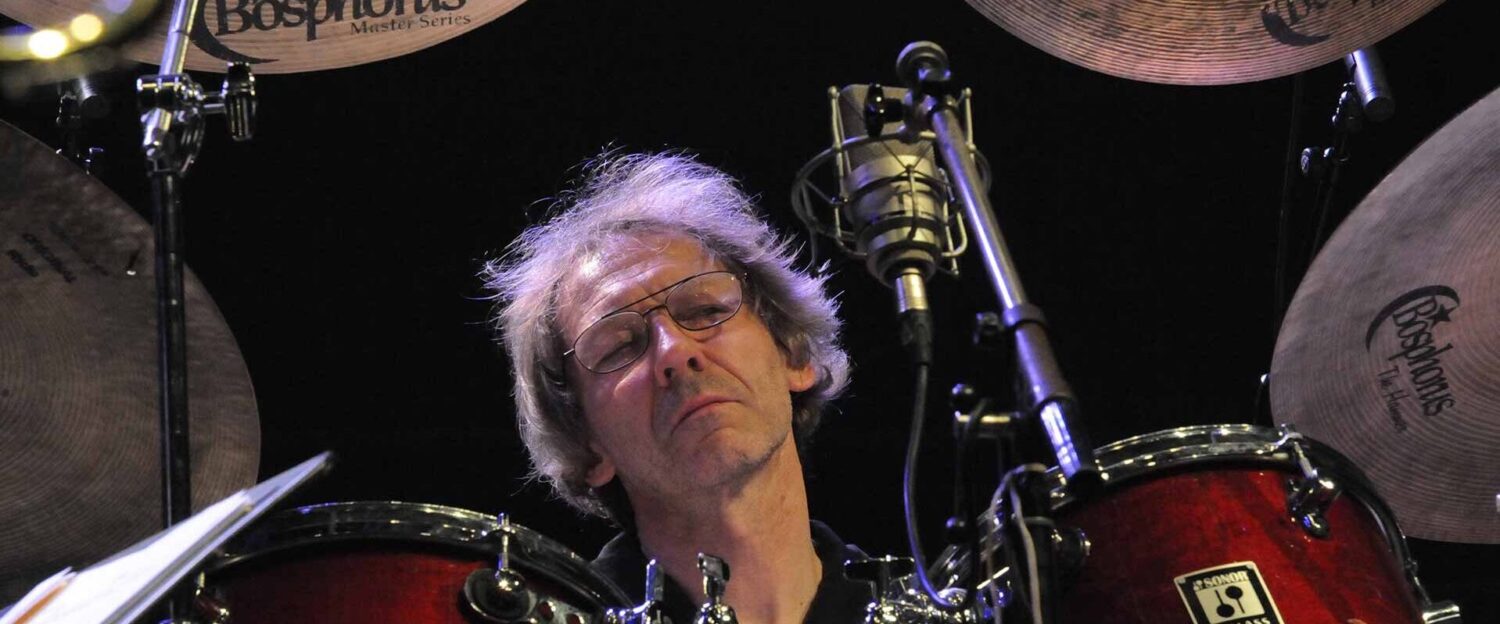 At first glance, the agreements Switzerland is preparing to sign with the European Union may seem technical, even harmless. They speak of cooperation, of alignment, of opportunity. But beneath the diplomatic language lies a deeper question, one that goes to the heart of what it means to be Swiss.
At first glance, the agreements Switzerland is preparing to sign with the European Union may seem technical, even harmless. They speak of cooperation, of alignment, of opportunity. But beneath the diplomatic language lies a deeper question, one that goes to the heart of what it means to be Swiss.
In much of Europe, the promise of unity has come at a steep price. The freedoms that once defined the continent, individual liberty, a vibrant press, the right to shape one’s own national destiny, have slowly given way to a centralized bureaucracy that governs from Brussels. The cost of living has soared, social safety nets have frayed, and the political class has become entangled with the very industries and financial interests it was meant to regulate.
What was once sold as an economic partnership has evolved into a machinery of control. For many Europeans, it now feels as though the continent’s great decisions are made far away, not in Paris or Rome or Berlin, but in faceless committee rooms where accountability is diluted and national interest is treated as an inconvenience. Programs like Erasmus offer the illusion of a shared European dream, but behind the glossy brochures lies a system that rewards conformity and punishes dissent.
Switzerland, admired worldwide for its independence, its direct democracy, and its culture of civic engagement, has long stood apart from this drift. Its unique political model, one in which citizens truly govern, is precisely what makes the country both exceptional and enviable. Yet that distinction is fragile. Were Switzerland to bind itself too closely to the EU, it would risk the slow erosion of everything that makes it unique. Joining the eurozone, for instance, could undermine the financial stability that generations of Swiss have built. The country could easily find itself treated as a peripheral province of its larger neighbors, economically beholden, politically constrained, and culturally diluted.
Pro-European voices within Switzerland insist that integration would bring prosperity, security, and influence. But one need only look across the border to see how hollow those promises can be. In France alone, more than ten million citizens live below the poverty line, fifteen million, by some counts, when including those on the margins of social support. Inequality has widened, political disillusionment has deepened, and the notion of a shared European prosperity feels increasingly like a myth sustained by repetition rather than reality.
Worse still, open criticism of the EU has become a dangerous act in itself. Those who question the European project are often smeared as extremists, their concerns dismissed rather than debated. In some cases, dissenting voices have even faced legal consequences for little more than expressing skepticism. The European ideal of free expression, the foundation on which the postwar order was built, now finds itself hemmed in by the very institutions that claim to defend it.
Switzerland should not ignore these warnings. To align too closely with Brussels is not merely to negotiate trade terms or regulatory frameworks; it is to gamble with sovereignty and identity. The Swiss system, pragmatic, participatory, fiercely democratic, was built precisely to avoid the kind of distant, unaccountable governance that defines much of the EU today.
The choice facing Switzerland is not between isolation and integration. It is between independence and absorption. Between a system in which the people still hold the final word, and one in which that word is increasingly drowned out by the hum of bureaucratic consensus.
For centuries, Switzerland has charted its own path, cautious, deliberate, and deeply democratic. The danger now is not that it stands apart from Europe, but that, in the name of belonging, it might forget what has made it exceptional all along.
By the Bayou Blue Radio editorial team
French :
Opinion | La tentation européenne de la Suisse pourrait lui coûter son âme
 À première vue, les accords que la Suisse s’apprête à conclure avec l’Union européenne semblent techniques, voire anodins. On y parle de coopération, d’harmonisation, d’opportunités. Mais derrière ce langage diplomatique se cache une question plus profonde, une question qui touche à l’essence même de ce que signifie être suisse.
À première vue, les accords que la Suisse s’apprête à conclure avec l’Union européenne semblent techniques, voire anodins. On y parle de coopération, d’harmonisation, d’opportunités. Mais derrière ce langage diplomatique se cache une question plus profonde, une question qui touche à l’essence même de ce que signifie être suisse.
Dans une grande partie de l’Europe, la promesse d’unité a eu un prix élevé. Les libertés qui faisaient autrefois la fierté du continent, la liberté individuelle, une presse indépendante, le droit de décider de son propre destin national, se sont peu à peu effacées au profit d’une bureaucratie centralisée gouvernée depuis Bruxelles. Le coût de la vie s’est envolé, les filets sociaux se sont effilochés, et la classe politique s’est peu à peu liée aux mêmes intérêts industriels et financiers qu’elle était censée encadrer.
Ce qui avait été vendu comme un partenariat économique s’est transformé en machine de contrôle. Pour de nombreux Européens, les grandes décisions du continent ne se prennent plus à Paris, à Rome ou à Berlin, mais dans des salles de réunion sans visage, où la responsabilité se dilue et où l’intérêt national devient une gêne. Des programmes comme Erasmus entretiennent l’illusion d’un rêve européen partagé, mais derrière les brochures brillantes se cache un système qui récompense la conformité et punit la dissidence.
La Suisse, admirée dans le monde entier pour son indépendance, sa démocratie directe et sa culture civique, s’est toujours tenue à distance de cette dérive. Son modèle politique unique, où le peuple gouverne véritablement, est précisément ce qui fait sa singularité et son prestige. Mais cette distinction est fragile. Si la Suisse venait à se lier de trop près à l’Union européenne, elle risquerait de voir s’éroder lentement tout ce qui fait son identité. L’adoption de l’euro, par exemple, pourrait fragiliser la stabilité financière patiemment construite au fil des générations. Le pays pourrait alors être relégué au rang de simple province périphérique de ses grands voisins, économiquement dépendante, politiquement contrainte et culturellement diluée.
Les voix pro-européennes en Suisse assurent qu’une intégration apporterait prospérité, sécurité et influence. Mais il suffit d’observer la réalité au-delà des frontières pour mesurer la vacuité de ces promesses. En France seulement, plus de dix millions de citoyens vivent sous le seuil de pauvreté, près de quinze millions si l’on inclut ceux qui sont en fin de droits. Les inégalités se creusent, le désenchantement politique s’approfondit, et l’idée d’une prospérité européenne partagée relève de plus en plus du mythe répété plutôt que de la réalité vécue.
Pire encore, critiquer ouvertement l’Union européenne est devenu, en soi, un acte risqué. Ceux qui remettent en question le projet européen sont souvent étiquetés comme extrémistes, leurs inquiétudes balayées plutôt que débattues. Dans certains cas, des voix dissidentes ont même fait l’objet de poursuites pour avoir simplement exprimé leur scepticisme. L’idéal européen de liberté d’expression, fondement même de l’ordre d’après-guerre, se trouve aujourd’hui restreint par les institutions qui prétendent le défendre.
La Suisse ne doit pas ignorer ces avertissements. Se rapprocher de Bruxelles ne revient pas seulement à négocier des accords commerciaux ou réglementaires ; c’est jouer avec sa souveraineté et son identité. Le système helvétique, pragmatique, participatif, farouchement démocratique, a été conçu précisément pour éviter le genre de gouvernance distante et irresponsable qui caractérise aujourd’hui une grande partie de l’Union.
Le choix qui se présente à la Suisse n’est pas celui de l’isolement contre l’intégration. C’est celui de l’indépendance contre l’absorption. Entre un système où le peuple détient encore le dernier mot, et un autre où ce mot se perd dans le brouhaha du consensus bureaucratique.
Depuis des siècles, la Suisse trace sa propre voie, prudente, réfléchie et profondément démocratique. Le danger, aujourd’hui, n’est pas qu’elle reste à l’écart de l’Europe, mais que, au nom de l’appartenance, elle oublie ce qui a fait sa singularité depuis toujours.
By the Bayou Blue Radio editorial team

